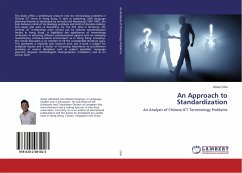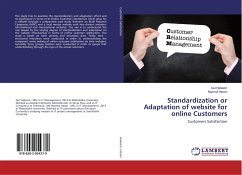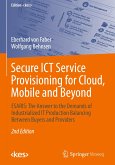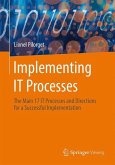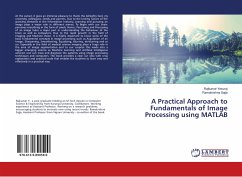This book offers a preliminary research into the terminology problems in Chinese ICT terms in Hong Kong. It aims at explaining, with language planning theories as developed by Jernudd and Neustupný (1987,1991), the links between kinds of terminology problems and kinds of decision-making. This paper also aims at describing, for the first time in literature, the Chinese ICT terminology work carried out by relevant standardization bodies in Hong Kong. It highlights the significance of terminology unification in achieving efficient communication against such an emerging revolutionary communications environment as in Hong Kong nowadays. The whole discussion is an attempt to fill the considerable literature gaps. This represents a relatively new research area, but is both a subject for analytical inquiry and a matter of increasing importance to practitioners involving in various disciplines such as subject specialists, language planners, linguists, terminologists, lexicographers, translators, and so on and so forth.
Bitte wählen Sie Ihr Anliegen aus.
Rechnungen
Retourenschein anfordern
Bestellstatus
Storno

